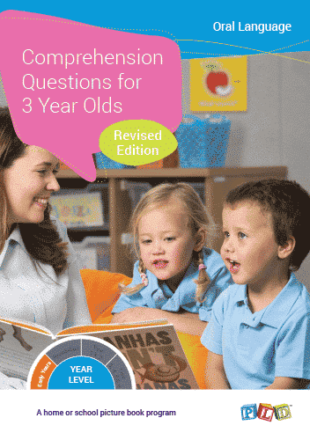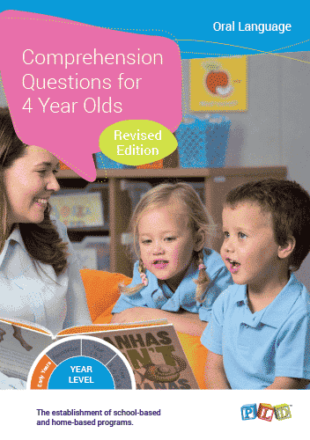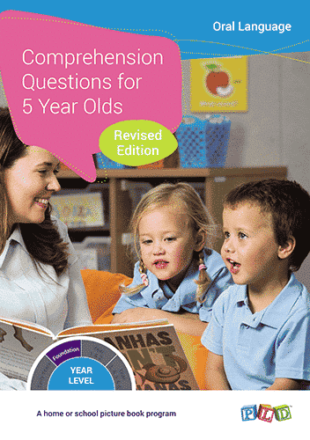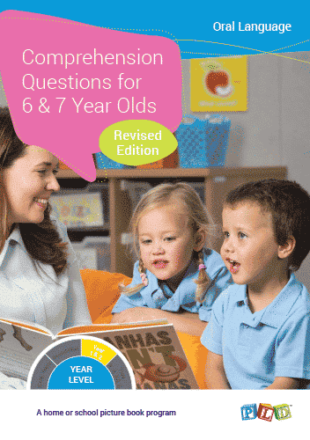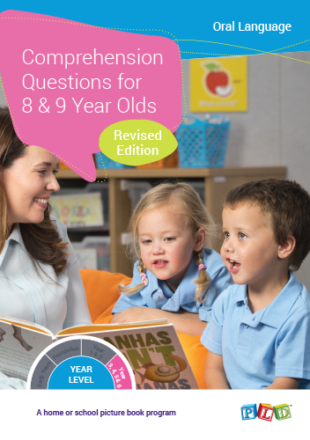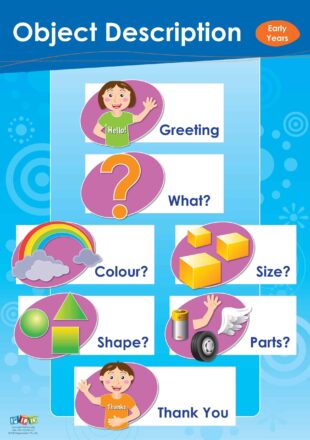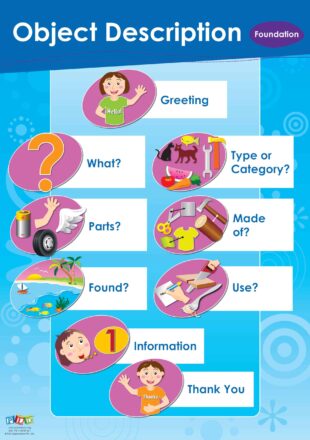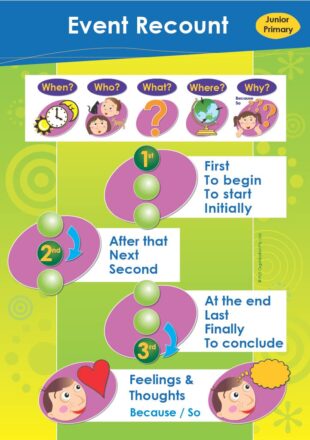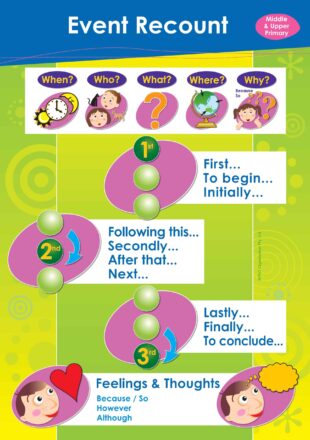As children reach middle primary school, developed language skills are critical for gaining academic understanding of content and information as well as communicating socially. In this era, many daily activities do not require children to have to use language. For example: watching tv, playing computer games, using a PlayStation, sitting quietly on their DS, watching DVDs whilst driving. PLD’s oral language program may provide a solution.
This ‘silent’ generation are at serious risk of poor language development, and many are starting school with language skills which are not as developed as previous generations. This is of great concern. As PLD oral language skills and academic success has been heavily researched, the result being overwhelming clear connection.
Developed PLD oral language skills are critical to social interactions, class discussions, teacher interactions, performing within a broad based curriculum and they have a significant impact on literacy skills.
For children to be successful learners in the classroom, they need to be proficient language users.
By the age of eight or nine, children should be able to use and understand language in a more adult form. Children of this age with normal language development will have an extensive abstract word knowledge and at a story level, be able to demonstrate specific vocabulary, understand and make inferences and have a well developed sense of humour.
In regard to their oral language, middle primary school children typically will be easily able to attend to and share ideas in group activities, be able to demonstrate the organisation of the information they are providing in either narrative or other texts, and be able to integrate information to gain a whole concept, i.e. a ‘main idea’ of a story or paragraph. They will have an understanding of ambiguities and multiple meaning words.
Children of this age with normal language development will be able to easily converse with peers and teachers to effectively convey their thoughts and interpret written texts. They will understand different forms of language and when it is appropriate to use depending on who they are talking to and in what context. An ability to use language to discuss predictions or analyse situations is also expected.
It is not normal for children of eight and nine to be using words or sentences which are vague or which the listener has to frequently clarify their meaning or ask for more information. Additionally, they should not find it difficult to sit and attend for up to half an hour and listen to verbal information being presented in a group setting. Difficulties with these tasks are typical of a child of that age who finds language difficult.
Children’s comprehension of what those around them are asking, will dictate how they are able to show their knowledge of a topic and how people judge their social skills. In the middle years of primary school, their reading comprehension will be assessed using similar types of questions.
The PLD Comprehension Question Range includes 33 instructional cards which model age appropriate questions and responses to develop children’s comprehension and oral language skills
The questions in this oral language program are grouped into 5 main types. These all aim to cover a different aspect of comprehension and are based on Barrett’s Taxonomy. These are, in order of complexity from most simple to most complex are;
- Literal comprehension
- Reorganisation of information
- Inferential comprehension
- Evaluation
- Appreciation
The aim of these oral language programs is to train parents and teachers to ask developmentally appropriate questions and to process the quality and quantity of the child’s oral answer. The questions cards include guidelines as to what the child’s answer must contain for the answer to be adequate. While there may be variations in the exact words that the child uses, the ideas in the child’s answer must match those given.
Deviations from the model answer are indicative of a child’s difficulty in understanding and responding to, that type of question. The programs provides parents and teachers with:
- Lists of developmentally appropriate picture books and comprehension questions
- Response guidelines which give the ideas and information that the child’s response must contain,to be considered an adequate, age appropriate response
- Techniques and strategies to implement when the child provides and inadequate answer.
We hope you enjoy the program’s and most importantly, that you enjoy watching oral language skills of the children in your care mature and develop.



 print
print